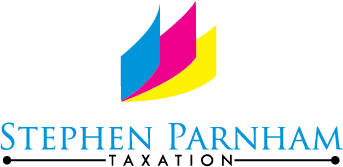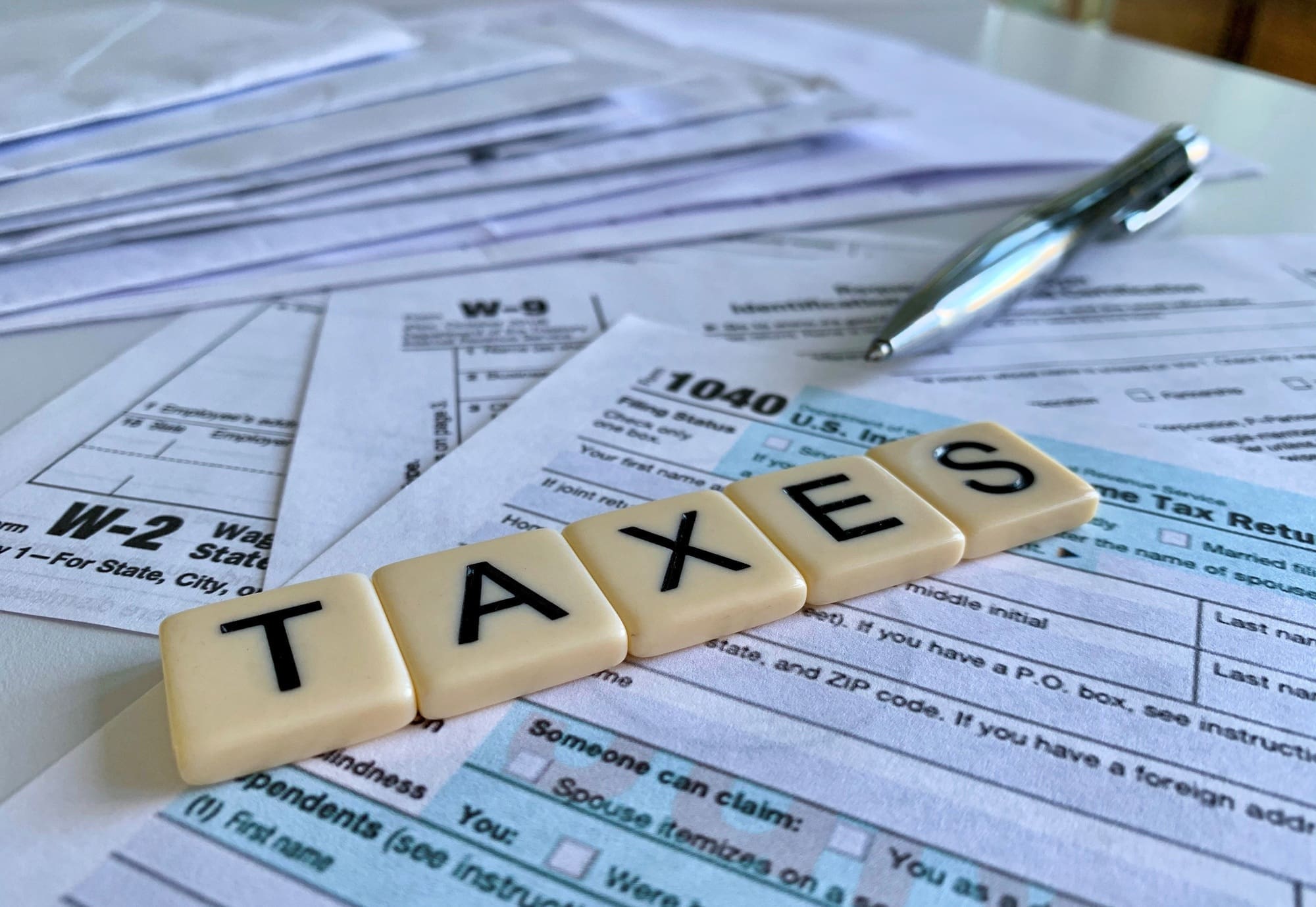What Changes are Coming?
Tax At Source & The Concession
Six years ago there was a major shakeup in the taxation of interest and dividends – instead of tax at basic rate being deducted or deemed to have been deducted at source, the government decided that interest and dividends should be paid gross and individuals would be given tax-free allowances instead, which would be tapered for higher earners.
Since similar allowances were not introduced for estates or trusts, one consequence of the change was that suddenly a lot of low-income estates and trusts found themselves needing to complete tax returns when previously the collection at source method had covered their tax liabilities. HMRC therefore kindly introduced a limited, non-statutory arrangement exempting trusts or estates with an income tax liability of less than £100 arising purely from receipt of interest from having to complete a return.
Reviewing That Concession
This non-statutory concession has been renewed on an annual basis since then, but HMRC is now consulting on a proposal to introduce a revised and statutory arrangement that would allow a trust or estate with total income of less than a certain de minimis amount not to have to report or pay tax. This wider de minimis test would therefore not only cover bank interest but also helpfully include dividend income or even income from land and property.
The consultation states that the de minimis amount is yet to be determined, but there is a suggestion of an amount of £500. That would equate to a tax liability of £100 at 20%.
The consultation closes on 18 July 2022 and may be found at:
Estate benefits
This new approach is likely to be most beneficial for estates, particularly straightforward estates comprising a main residence plus some modest savings and investments.
Setting the de minimis at an income level, rather than on a tax liability should make it clearer for people to understand and record in the event of future enquiry.
Low-income trusts
Potentially converting the existing non-statutory concession into legislation will provide certainty that they will continue to benefit from the exemption from filing in the future.
There is a small problem. The consultation highlights that discretionary trusts with income under the de minimis limit, will not build up a tax-pool from year to year as no tax is being paid. This means that when a distribution occurs, the trust will need to pay enough tax at that point to frank the distributions. HMRC would like to know if this will cause issues.
Trust Registration Service (TRS) Deadline
Of more immediate concern for many trusts right now is likely to be the looming deadline date for registration on the TRS. This was set up in 2017 and initially only trusts that paid certain taxes were required to be on the register. HMRC confirmed that trusts could be treated as non-taxable if they benefited from the current concession and didn’t pay tax as they had a liability of less than £100 on interest.
Since then, however, the scope of the register has been expanded, and all non-taxable trusts in existence as at 6 October 2020 need to be on the register by 1 September 2022 unless they fall into a long, but complex, list of exclusions. Guidance on the exclusions can be found in HMRC’s Manuals at:
https://www.gov.uk/hmrc-internal-manuals/trust-registration-service-manual/trsm23050
Further clarifications are expected even as we approach the deadline. For example, confirmation that Junior ISAs are out of its scope was only received in mid-April.
Trustees are expected either to register online themselves or appoint an agent to record details of the trust’s details of beneficial owners including settlor(s), trustees and beneficiaries. This is likely to be an onerous and thankless process and is likely to be much more of a burden in coming years for small trusts than dealing with self-assessment issues.
Stephen Parnham
16 June 2022


